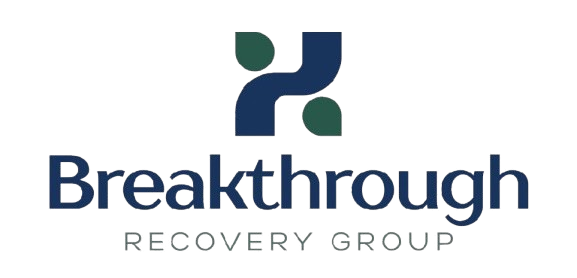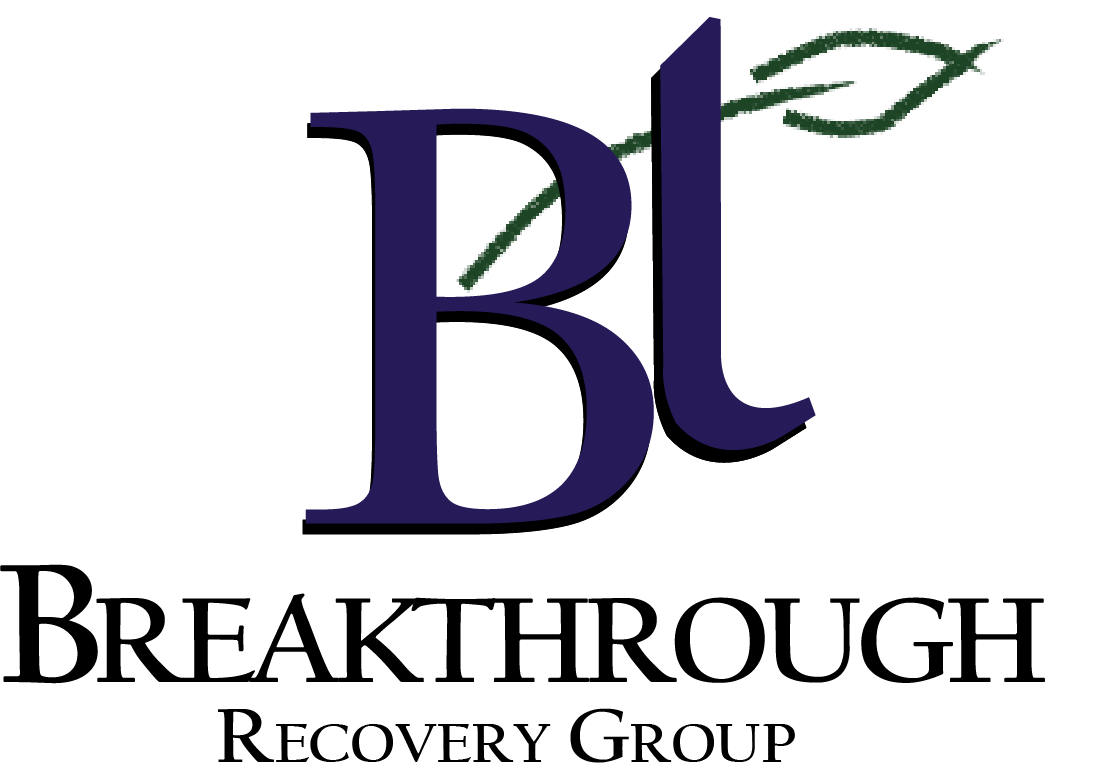How Stigma Negatively Impacts the Start of Recovery
Substance use disorders affect millions of individuals worldwide, posing a significant public health challenge. While strides have been made in understanding and treating these disorders, the persistent stigma surrounding substance use remains a major obstacle in the path to recovery.
Understanding Stigma in Substance Use
A stigma is a set of negative beliefs, attitudes, and stereotypes that society holds toward a particular group. In the context of substance use, individuals struggling with addiction often face societal judgment, discrimination, and marginalization. This stigma can manifest in various forms, including the perception that addiction is a moral failing rather than a complex medical condition.
Impact on Seeking Help
The stigma surrounding substance use creates significant barriers for individuals seeking treatment. Fear of judgment and social isolation often prevent people from reaching out for help, leading to delayed or avoided treatment. The shame associated with addiction can exacerbate mental health issues, hindering the recovery process.
Here are some ways to reduce stigma in substance use treatment:
- Education and Awareness: Increasing public awareness and understanding of substance use disorders is crucial. For example, an educational campaign can dispel myths and provide accurate information about the biological and psychological aspects of addiction.
- Language Matters: The language used to describe substance use can contribute to or diminish stigma. Adopting person-first language, such as “person with a substance use disorder” instead of “addict” or “junkie,” reduces the dehumanizing effects of stigmatizing language.
- Promoting Empathy and Compassion: Encouraging empathy and compassion within communities is essential. Sharing personal stories of recovery can humanize the experience of addiction and inspire understanding.
- Integrated Healthcare Approach: Emphasizing an integrated healthcare approach that combines mental health and substance use treatment reduces the compartmentalization of care. Our commitment extends beyond traditional approaches, incorporating holistic therapies such as yoga, acupuncture, and massage therapy to further enrich the mind-body connection in the recovery process.
We understand that there is a very real fear of being labeled or stigmatized as a result of increased substance use or struggles with mental health that often leads to isolation and feelings of loneliness. We want you to know that you are not alone and that there are spaces where people won’t look at you through the lens of stigma and will walk alongside you. If you or a loved are struggling with substance use or mental health, please reach out so we can get you connected with someone who can help.
Free consultation
We Accept Most Insurances







